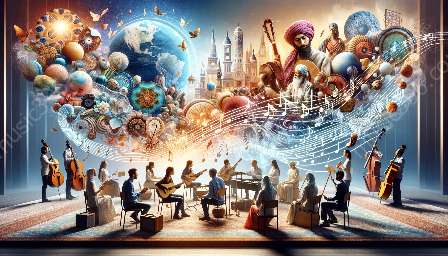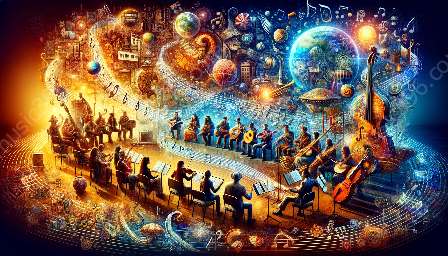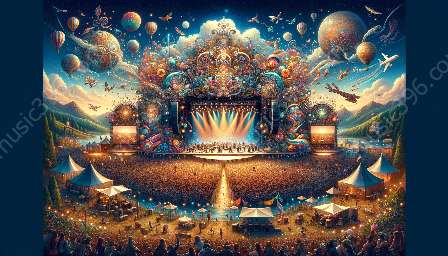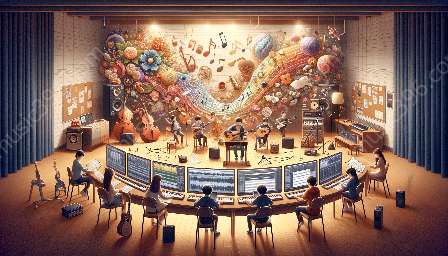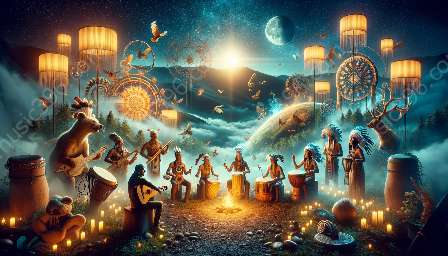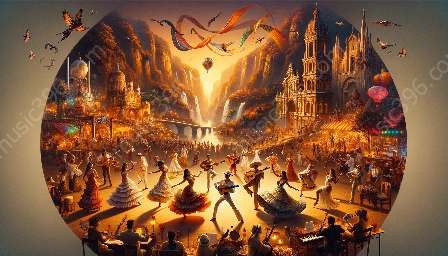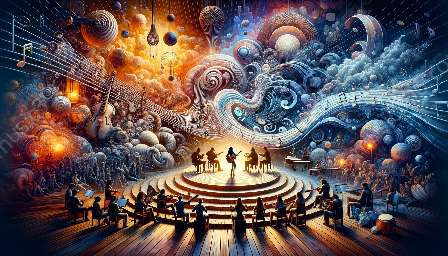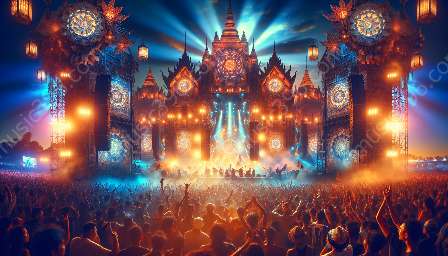Music has played a significant role in shaping communal spiritual experiences across various cultures throughout history. The intertwined relationship between music and spirituality has transcended time and continues to be a profound aspect of human existence. By examining how music influences spirituality and culture, we can gain valuable insights into the depth of these interconnected experiences.
The Influence of Music on Spirituality
Music has the power to evoke emotions, transcend language barriers, and create a sense of unity among individuals. It has been used as a tool for spiritual expression, prayer, and meditation in religious and secular contexts alike. Across different faith traditions, music serves as a pathway to connect with the divine and access deeper spiritual experiences.
Chanting, singing, and playing musical instruments during religious rituals and ceremonies have been integral parts of spiritual practices in various cultures. Whether it’s the melodic hymns in Christian churches, the soul-stirring Sufi qawwalis, or the rhythmic beats of African tribal music, these diverse musical expressions serve as conduits for spiritual transcendence and communal bonding.
The Intersection of Music and Culture
Music not only influences spirituality but also reflects and shapes cultural traditions. Different musical genres and styles are deeply rooted in specific cultural contexts, carrying the unique narratives and values of the communities from which they originate. Traditional folk songs, ceremonial music, and dance rituals are all manifestations of cultural identities that are closely intertwined with spirituality.
For example, the haunting melodies of Native American flute music carry the stories and traditions of indigenous peoples, while the vibrant rhythms of Brazilian samba represent the lively spirit of the nation. Such musical expressions are not merely entertainment but vital components of cultural heritage, fostering a sense of belonging and preserving ancestral wisdom.
Music as a Catalyst for Communal Spiritual Experiences
Communal spiritual experiences often involve music as a central element, creating an environment where individuals can collectively connect with something greater than themselves. Whether it’s through participating in religious ceremonies, attending music festivals, or engaging in community gatherings, music acts as a unifying force that fosters a shared sense of transcendence and interconnectedness.
In the context of communal worship, music serves to elevate the collective consciousness, facilitating a sense of harmony and devotion among participants. The universal language of music has the power to dissolve barriers and unite people from diverse backgrounds, inspiring a profound sense of spiritual kinship.
Expressing Spirituality Through Musical Artistry
Many artists and musicians draw inspiration from their spiritual beliefs and cultural heritage, infusing their compositions with profound themes of transcendence, faith, and interconnectedness. Whether it’s devotional music, sacred chants, or spiritually-inspired lyrics, these creative expressions serve as conduits for individual and communal spiritual experiences.
Moreover, music festivals and gatherings centered around spiritual themes provide platforms for artists to share their spiritual insights through their craft. These events often attract diverse audiences seeking to immerse themselves in the transformative power of music and spirituality, fostering a sense of unity and mutual celebration.
The Evolving Nature of Music and Communal Spiritual Experiences
As music continues to evolve in contemporary society, its role in facilitating communal spiritual experiences has adapted to new cultural contexts and global interconnectedness. Modern technological advancements have not only expanded the reach of spiritual music but also created innovative platforms for virtual communal gatherings and shared spiritual experiences.
Furthermore, the fusion of diverse musical traditions and spiritual practices has given rise to collaborative projects that bridge cultural boundaries and offer fresh perspectives on communal spirituality. This interconnected approach to music and spirituality reflects the dynamic nature of human expression and the enduring quest for transcendent experiences.
Conclusion
Music and communal spiritual experiences are inherently intertwined, shaping and reflecting the diverse tapestry of human spirituality and cultural traditions. The profound influence of music on spirituality transcends geographical borders and bridges the gap between different belief systems, inviting individuals to partake in collective moments of transcendence and unity. Exploring the multifaceted relationship between music, spirituality, and culture offers a holistic understanding of the interconnectedness of these fundamental aspects of human experience.





